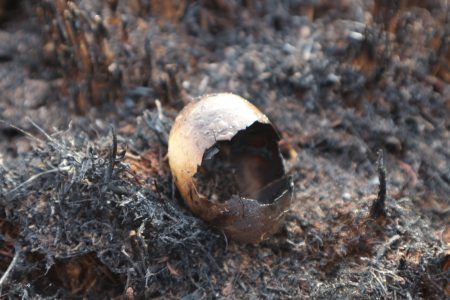
The depressing predictability of the fires which have engulfed West Cork and Kerry in recent days is a symptom of chronic apathy by government departments in the face of growing frustration in hill areas.
Despite the annual condemnations the issue is quickly forgotten once it fades from the headlines, until the following year when the flames are once again licking up the sides of hills and smoke pouring into people’s houses. No amount of loss of wildlife, stress to local people, pollution to air and water or greenhouse gas emissions seems to be sufficient to warrant a meaningful reaction from those in positions of authority.
It is part of a wider pattern of deadening inaction that has seen the Irish government once again in the dock of the European Court of Justice for failing to implement the Habitats Directive. The uplands, more widely, are vitally important areas from an environmental, social and cultural perspective, yet, perhaps because they don’t produce large quantities of products for exports, they have been disregarded from a policy perspective.
Nothing tells us more about the lack of care for our natural environment than the state of Killarney National Park, which was subject to an enormous fire in 2021. It had already been degraded due to overgrazing by deer and sheep and infestations of rhododendron. Yet, despite the incalculable biodiversity value of the Killarney woodlands, and the urgent need to protect and restore biodiversity, we still see no meaningful response to its dilapidation. In short, nothing is being done.
The National Park is entirely in public ownership and the disaster of 2021 should have been the spur to action that was already needed to see control of the pressures, particularly the reduction of grazing pressure and expansion of the native woodland, which would ultimately provide fire resilience.
Solutions are available
Once again, the Irish Wildlife Trust is calling on the Minister for Agriculture, Food and Marine, Charlie McConalogue, and Minister for State at the department of Housing, Local Government and Heritage, Malcom Noonan, to implement an emergency response which should include an immediate ban on all burning, education and awareness raising for landowners and the wider public, increased penalties for law breaking, ecosystem restoration and transitioning to sustainable farming techniques.
Until we see this level of response we can expect more fires into 2024 and beyond.
ENDS
CONTACT: Padraic Fogarty IWT Campaigns Officer irishwildlife@iwt.ie